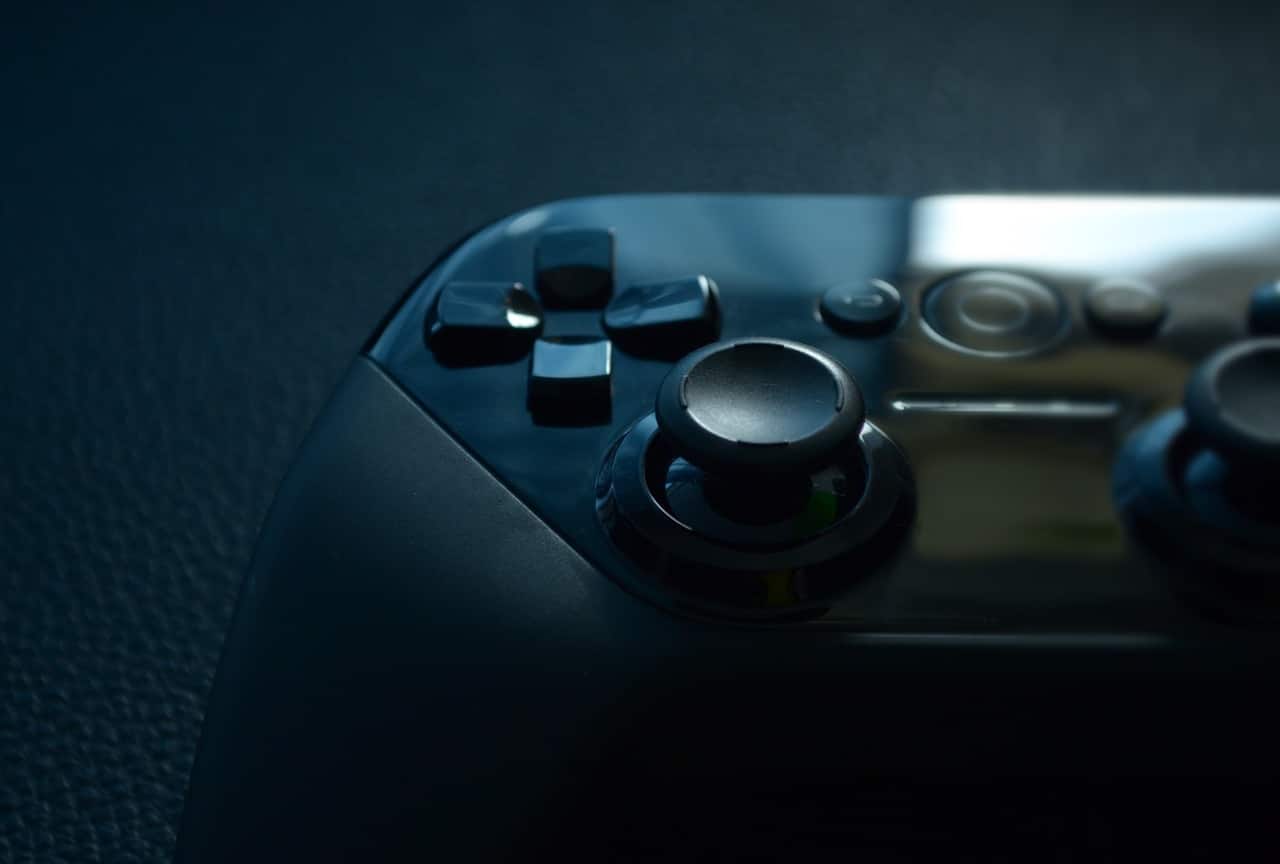The billion dollar gaming industry has come a long way since the Great Video Game Crash of 1983 that saw the sales of video games decline heavily. The downturn of video game purchases came about as the market was oversaturated with poorly made knock-off games as companies tried to gain a foothold in the industry.
Over 30 years on since the downturn in gaming, it’s safe to say that gaming is more popular than ever before, with an estimated two billion people playing games worldwide. 21st Century gamers have been spoilt with advancements in the industry, which has seen the breakthrough of online gaming, high-resolution graphics, esports and now virtual reality.
IMAGE: PIXABAY
However, it’s easy to forget how quickly technology has improved over the course of eight generations of gaming. Take for instance the Magnavox Odyssey which was released in 1972. Originally known as The Brown Box, it was intended to be used as a training platform for military personnel. This didn’t go to plan and so it was adopted for commercial use – a happy accident then?
Once the Magnavox was released, so followed a stream of early generation home consoles. Such as cult classic and perhaps the most well-known retro games of all time were the Atari and their Pong game.
Pushing The Gaming Technology To New Heights
Then came a stream of updated early gen consoles, with 8-bit microprocessors and the first use of controllers and joysticks in the late 70’s.
Esports was the new buzzword for the games industry at the turn of the previous decade, however competitive gaming tournaments began in 1980, with the Space Invaders Championship. The 80’s saw the emergence of the Commodore 64, Nintendo jumped into the market with the NES and Sega released the Master System – the first console with two ports and 3D glasses.
Roll on the 90’s – a decade dominated mostly by Nintendo and Sega with the Game Boy and Megadrive. Throughout those 10 years, a range of updated consoles was put to market, including the Nintendo Super NES, Atari Jaguar, Sega Saturn, Nintendo 64, and the Sega Dreamcast.
The Nintendo and Sega dominance was broken up by Sony with the original Playstation release. It captivated millions with a 32-bit processor, polygon graphics, and a slick design. The new console wars began when Microsoft launched the Xbox in 2001 to compete with the Playstation 2. The Xbox offered a 733MHz processor and offered built-in Ethernet support as online gaming emerged. Nintendo still held their own with its first non-cartridge system, over 500,000 consoles were sold within the first week.
The seventh generation of gaming tried to get us moving, Nintendo reversed to their expertise by releasing another handheld device – the Nintendo DS. While Xbox brought out the 360 and unveiled its Kinect offering in an attempt to lure gamers away from the Nintendo Wii as motion technology was the next advancement in the gaming industry. PlayStation came back strong in 2006 with wireless controllers, Bluetooth compatibility, and a 3.2 GHz processor to support the higher graphics available to enjoy as the PlayStation 3 hit the shelves.
As the eighth generation of gaming is upon us, we’ve seen PlayStation and Xbox both release new console offerings in 2013 with the PS4 and Xbox One, and Nintendo rolled out the Wii U – a controller with a display and bigger hardware but it didn’t perform well once Sony and Microsoft released their newest consoles.
The newest console to hit the market was Nintendo’s Switch. Combining what Nintendo do well – portable gaming, this revolutionary console comes with a portable screen and clip in controllers, the Switch was well received on release in 2017. It was better received than the Wii U and general gamer feedback has been positive.
Whether you are a younger generation of gamer or a veteran, we all hold fond memories of playing on our favorite consoles. As Fanatical showed in their interesting infographic of the history of gaming just how quickly the evolution of technology can advance the industries offering. As virtual reality is slowly incorporated into consoles in the future, new innovative gaming devices will be sure to attract fans – new and old.
If you are interested in even more entertainment-related articles and information from us here at Bit Rebels then we have a lot to choose from.


COMMENTS